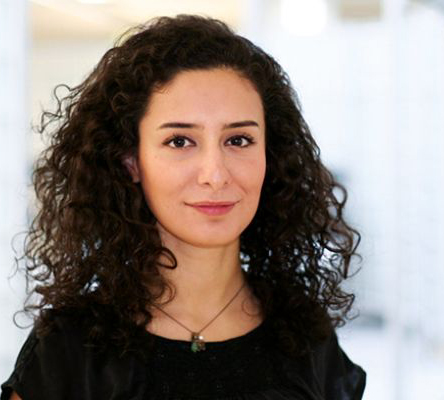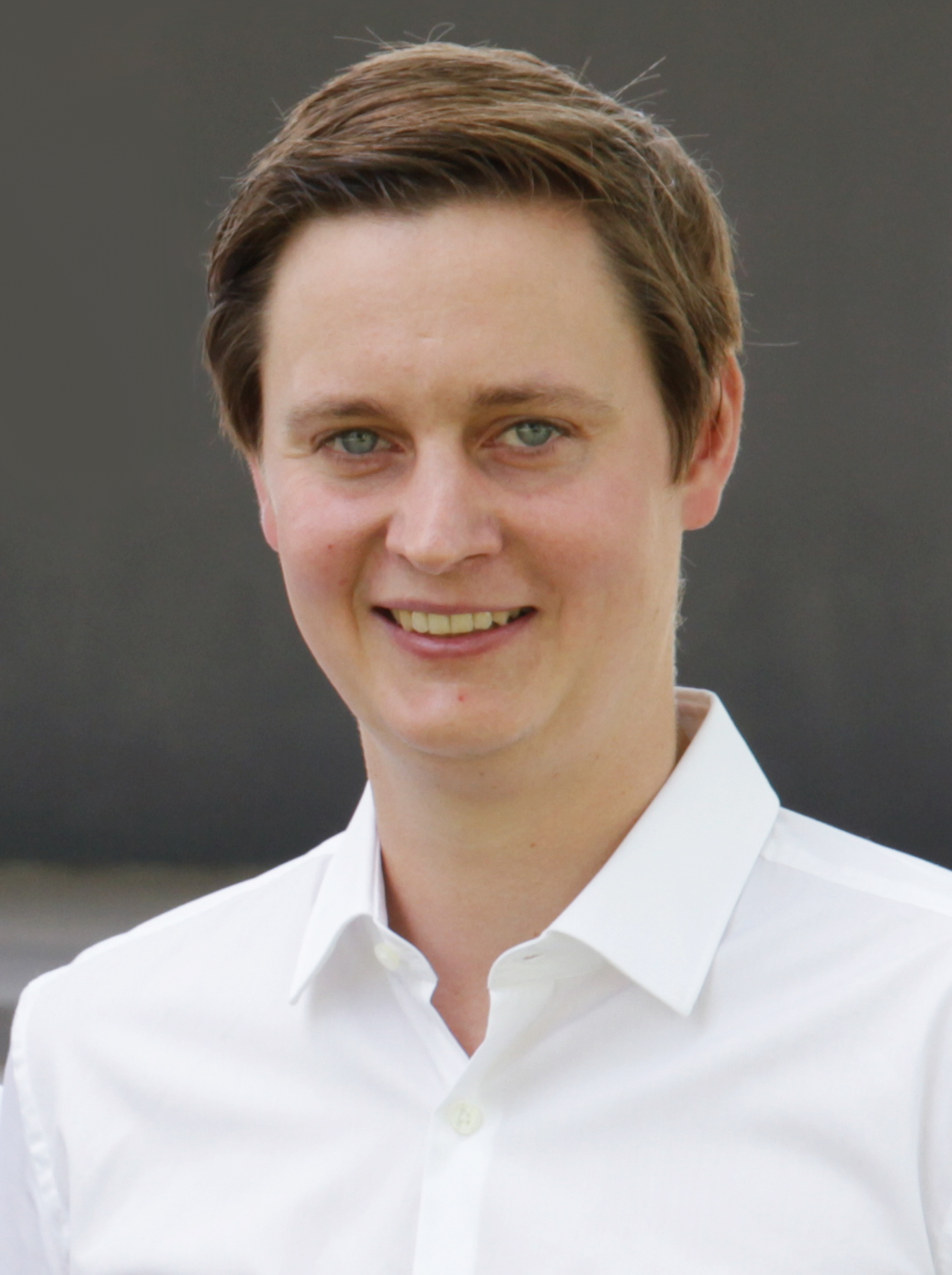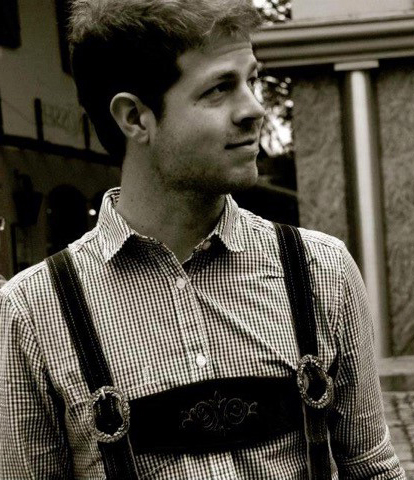
Biography
Ryan Sherrard joined the IMPRS-LS program in 2013 after completing a Master’s program in Biochemistry at LMU. He is enrolled in the faculty of Biology at the LMU in the lab of Prof Dr Barbara Conradt. Ryan also has the role of an IMPRS-LS student representative and is very much involved in many aspects of the program.
Why did you choose to do your PhD with IMPRS?
The Max Planck Institute of Biochemistry is world-renowned and offers PhD candidates the opportunity to conduct cutting-edge research. The IMPRS-LS program offers a well-structured curriculum with many benefits, as well as the chance to network across the campus and other institutes. Together, it makes for a prestigious program that attracts talented young scientists from all around the world.
Why did you come to Germany and what are the best aspects of studying here at the LMU?
If you are considering studying abroad, you will find no better place than Munich! I instantly fell in love with this city while traveling around Europe, and decided to move here shortly after. Munich consistently ranks among the top cities in the world for qualify of life, and there is always something going on—summer in the biergartens, winter in the christmas markets, and plenty of festivals through out the year! In addition, the LMU offers tuition-free education for everyone, so the decision to study in Munich was an easy one for me.
How did you adjust to living in Germany and to the change in culture and language?
As a Canadian adjusting to life in Germany is not difficult, especially when the IMPRS-LS coordination office are there to help you every step of the way. The research labs here on campus all communicate in english, so there is no language barrier for international students. For those who want to learn or improve their german, the IMPRS-LS program makes language courses accessible for all students. Personally, I was fortunate to serve as an IMPRS-LS Student Representative for three years, which allowed me to work closely with the coordination office and fellow IMPRS-LS students to bring new ideas to the program. I would encourage all prospective student to get involved in any way they can!
What encouraged you to become involved in acting as a student representative and do you feel that your role has helped to shape the IMPRS-LS program?
I think it is important to be actively involved in your community, and the IMPRS-LS program is no different. I jumped at the opportunity to be a Student Representative, and was fortunate to hold the position for three years. Over that time I met many amazing people, launched new initiatives, and tried to make our outstanding PhD Program even better. The highlights for me were having an active role in the 2015 Program Evaluation, and of course organizing the 2016 IMPRS-LS Graduation Program—an inaugural event that we hope continues to grow over the coming years.
What do you feel you have gained from your experience as acting as a student representative?
Personally, seeing the inner workings of a successful PhD Program has piqued my interest in scientific management. My three years spent working with the coordination office have essentially been a crash course in program coordination, and in the future I will be open to careers in this field. I applaud the IMPRS-LS coordination team for their hard work and guidance during my time as a Student Representative.
What advice would you give to students considering studying here?
Studying in Munich is the best decision I've made. I get to conduct novel research while also doing things I love, such as traveling, meeting new people, and getting involved in the community. These are not only my own sentiments, but also what I hear from all students around campus. So if you are considering a move to Munich, you won't regret it—exciting research, great people, and an amazing city. The IMPRS-LS program looks forward to welcoming you!

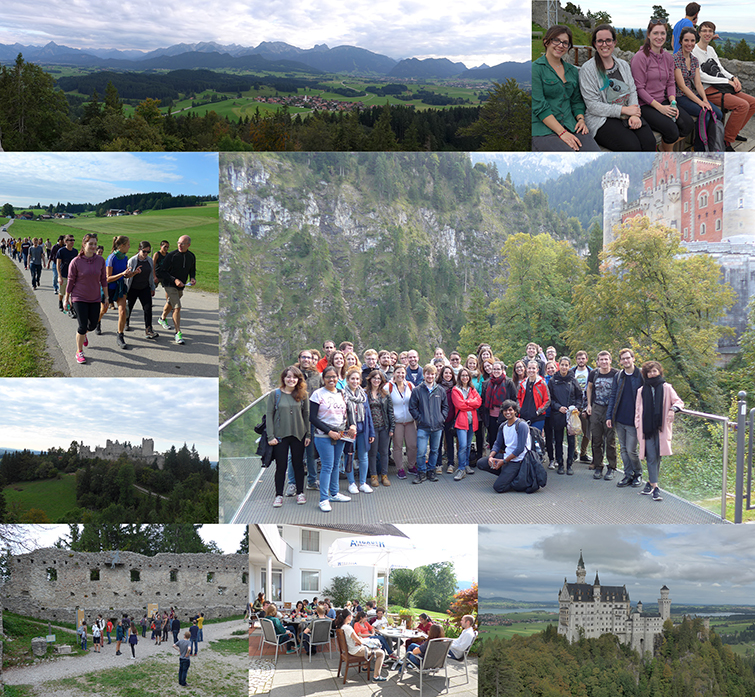
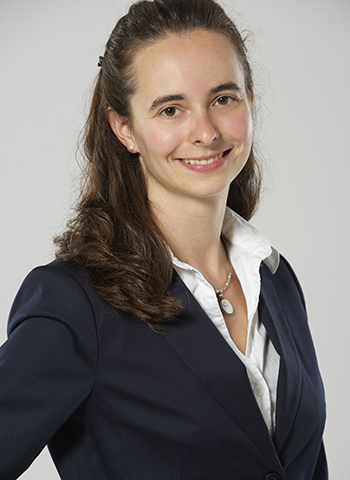 Short biography
Short biography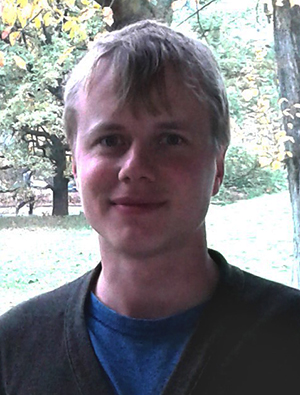 Short Biography
Short Biography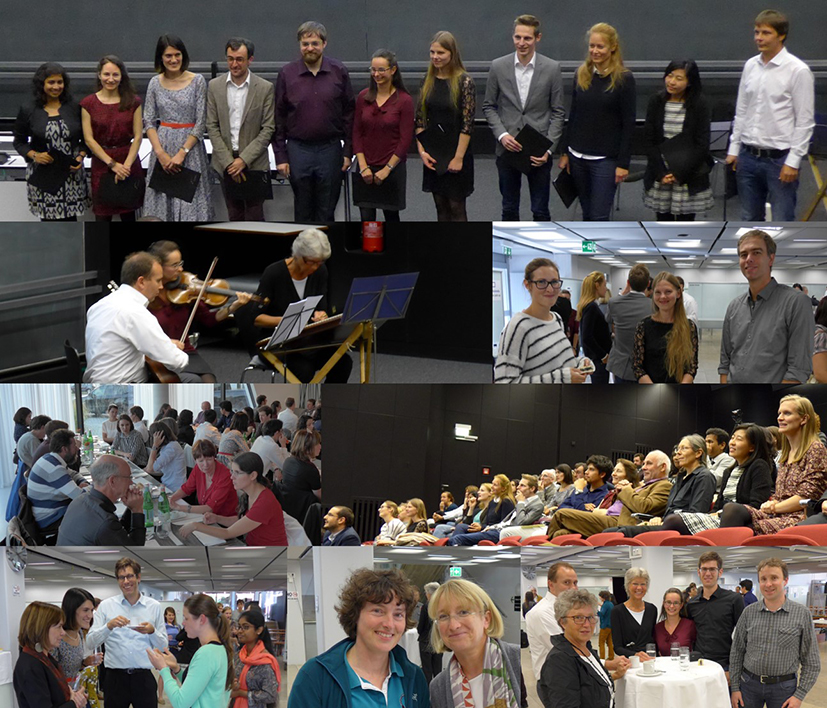
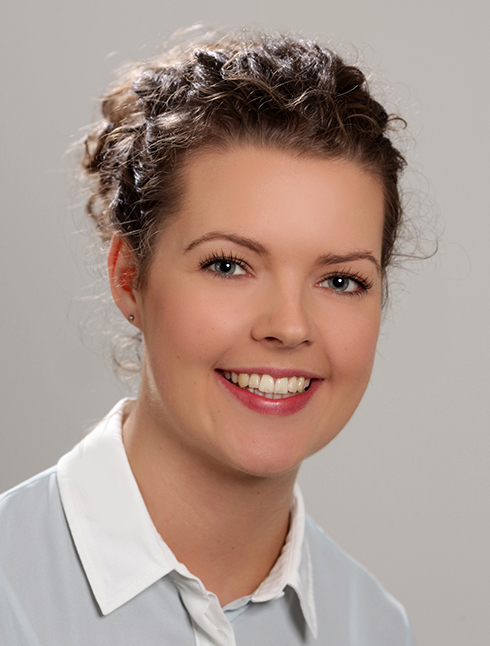 Why did you decide to come to Germany and how did you adjust to the changes in language and culture?
Why did you decide to come to Germany and how did you adjust to the changes in language and culture?